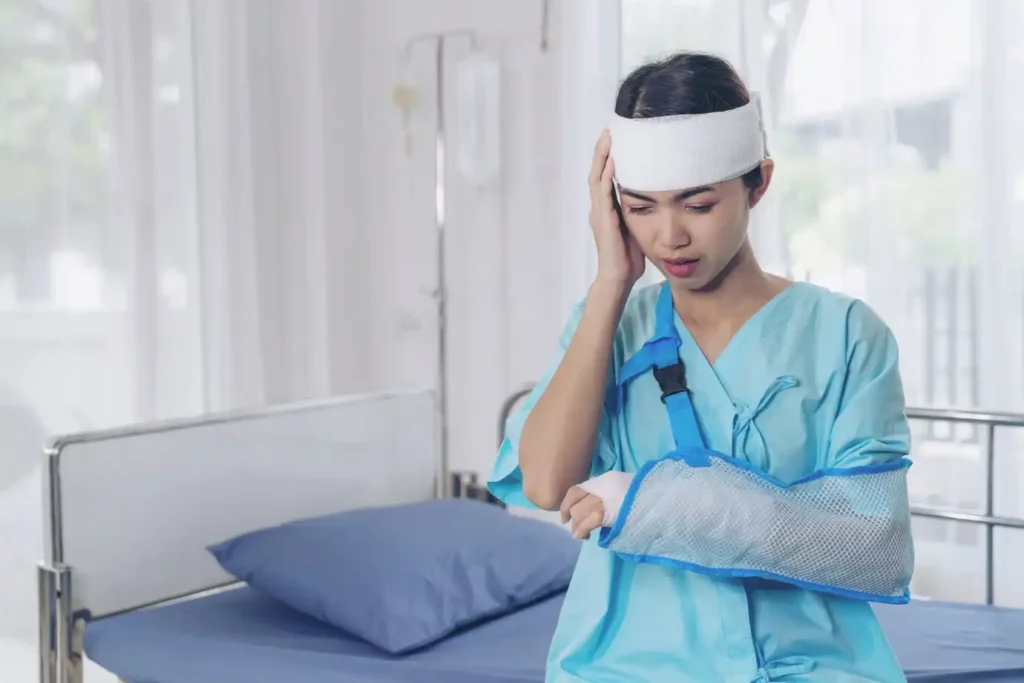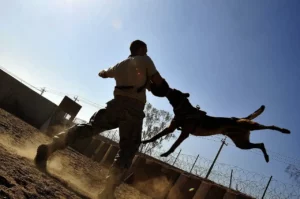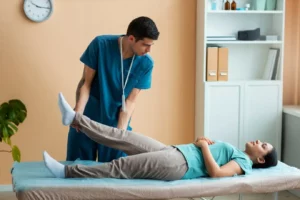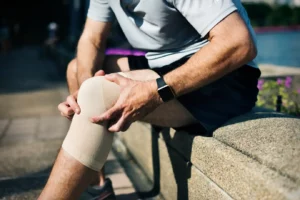What Is a Traumatic Brain Injury (TBI)?
A TBI occurs when the brain sustains damage due to a sudden impact or jolt to the head. It can also result from an object penetrating the skull, such as in severe accidents.
TBIs are categorized into three types based on severity:
- Mild TBI (Concussion): Temporary disruption of brain function, often without loss of consciousness.
- Moderate TBI: Prolonged confusion or unconsciousness lasting minutes to hours.
- Severe TBI: Extended periods of unconsciousness or memory loss, potentially leading to long-term disabilities.
Common Causes of TBI
- Falls
Falls are the leading cause of TBI, particularly among children and older adults. - Car Accidents
Head injuries often occur during vehicle collisions due to sudden impacts or airbag deployment. - Sports Injuries
Contact sports like football or activities with high risk of falls, such as cycling, contribute to TBIs. - Violence
Incidents like domestic abuse, assaults, or gunshot wounds can result in TBIs. - Workplace Accidents
Construction, manufacturing, and other high-risk jobs expose workers to head injury hazards.
Symptoms of Traumatic Brain Injury
Physical Symptoms:
- Persistent headache
- Dizziness or balance issues
- Nausea or vomiting
- Fatigue or drowsiness
Cognitive Symptoms:
- Memory problems
- Difficulty concentrating
- Confusion or disorientation
- Slurred speech
Emotional Symptoms:
- Mood swings
- Anxiety or depression
- Irritability
Severe Symptoms (Emergency Signs):
- Seizures or convulsions
- Clear fluid draining from nose or ears
- Loss of consciousness
- Weakness or numbness in limbs
Diagnosing TBI
If a TBI is suspected, a doctor may perform:
- Neurological Exams: Testing reflexes, motor skills, and sensory responses.
- Imaging Tests: CT scans or MRIs to assess brain damage.
- Cognitive Evaluations: Identifying memory, problem-solving, and language impairments.
Treatment Options for TBI
1. Mild TBI (Concussion)
- Rest and avoid activities that could risk further head injuries.
- Over-the-counter pain relievers for headaches.
- Gradual return to normal activities under medical guidance.
2. Moderate to Severe TBI
- Emergency Care: Surgery may be needed to remove clots, relieve pressure, or repair fractures.
- Rehabilitation: Therapy for physical, cognitive, and emotional recovery.
- Medications: To manage symptoms like seizures, pain, or mood swings.
Long-Term Effects of TBI
The effects of a TBI can vary widely, with some individuals recovering fully and others experiencing lifelong challenges, such as:
- Difficulty with memory or learning.
- Changes in personality or behavior.
- Increased risk of neurological conditions like epilepsy or dementia.
Preventing TBI
- Use Protective Gear:
Always wear helmets when cycling, riding motorcycles, or participating in contact sports. - Ensure Home Safety:
Install grab bars in bathrooms and secure rugs to prevent falls. - Practice Safe Driving:
Always wear a seatbelt, avoid distractions, and follow traffic laws. - Workplace Safety:
Use hard hats and follow safety protocols in high-risk environments.
Supporting Recovery from TBI
- Rehabilitation Programs:
Work with physical, occupational, or speech therapists to regain lost abilities. - Psychological Support:
Seek counseling or therapy to manage emotional and psychological effects. - Healthy Lifestyle:
Adequate sleep, proper nutrition, and stress management can support brain healing. - Support Systems:
Lean on family, friends, or support groups to navigate the recovery process.
When to Seek Medical Attention
- If a head injury results in severe symptoms like seizures, unconsciousness, or drainage of clear fluids from the ears or nose, seek immediate emergency care.
Conclusion
Traumatic Brain Injuries are complex and life-altering, but understanding their causes, symptoms, and treatment options can make a significant difference in recovery. If you or a loved one experiences a TBI, seek medical attention promptly and prioritize rehabilitation for the best possible outcome.
For more in-depth resources on brain injuries and recovery, visit Injuries Wiki.









